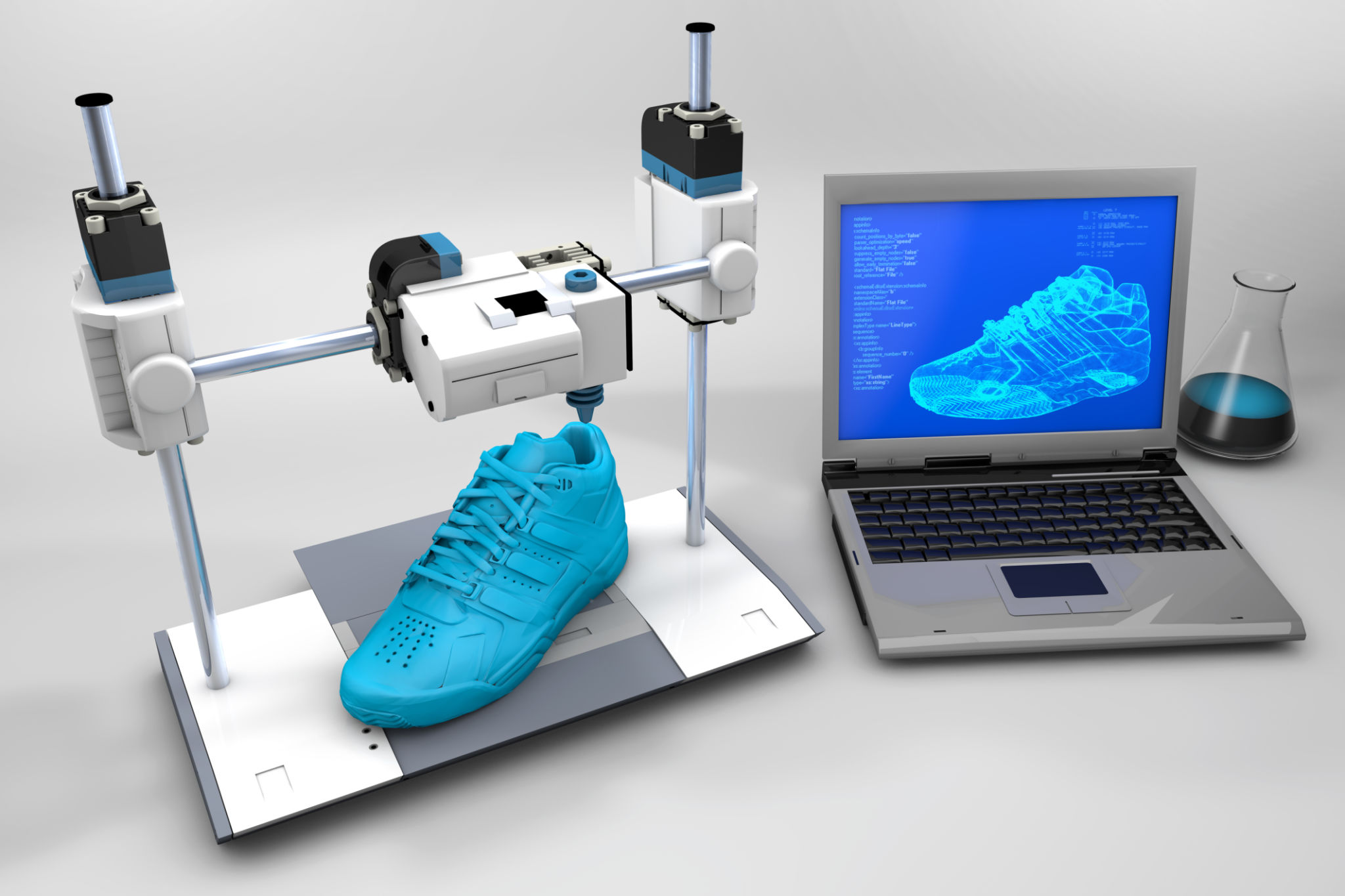The Ultimate Guide to Sustainable Fashion Tech Innovations
Understanding Sustainable Fashion Tech
The fashion industry, traditionally known for its environmental impact, is undergoing a significant transformation with the advent of sustainable fashion tech innovations. These innovations aim to minimize waste, reduce carbon footprints, and promote ethical practices. By integrating technology with sustainable practices, the industry is paving the way for a more responsible future.

Smart Fabrics and Textiles
One of the most exciting developments in sustainable fashion is the use of smart fabrics and textiles. These materials are designed to be eco-friendly, durable, and multifunctional. For instance, some fabrics can change color based on temperature or light exposure, reducing the need for chemical dyes. Others are made from recycled materials, like plastic bottles or discarded fishing nets, turning waste into wearable art.
Innovation in textile technology doesn't stop there. Companies are also exploring biodegradable materials and fabrics that can decompose naturally without leaving harmful residues. This shift not only helps in reducing landfill waste but also encourages a circular economy where resources are continuously reused.
3D Printing in Fashion
3D printing is revolutionizing the way clothes are designed and produced. This technology allows for precise production, minimizing fabric waste during the manufacturing process. Designers can create intricate patterns and structures that were previously impossible with traditional methods. Moreover, 3D-printed garments often require fewer raw materials, further contributing to sustainability.

Another advantage of 3D printing is its potential for customization. Consumers can have clothing items tailored to their exact measurements, reducing the likelihood of returns and promoting a perfect fit. This personalized approach not only enhances consumer satisfaction but also reduces the environmental impact associated with mass production and distribution.
Blockchain for Transparency
Consumers today demand transparency in the products they purchase. Blockchain technology is playing a crucial role in achieving this within the fashion industry. By providing a decentralized and immutable record of a garment's journey from creation to consumer, blockchain ensures that brands are held accountable for their supply chain practices.
With blockchain, every step of the production process can be tracked and verified, from sourcing raw materials to manufacturing and distribution. This transparency helps build consumer trust and encourages brands to adopt ethical and sustainable practices, aligning with the growing demand for responsible fashion.

Virtual Fashion Shows and Digital Clothing
The digital revolution has also led to the emergence of virtual fashion shows and digital clothing. These innovations drastically reduce the carbon footprint associated with traditional fashion events by eliminating the need for physical travel and large-scale productions. Virtual shows can reach a global audience without contributing to environmental degradation.
Digital clothing offers a unique opportunity for consumers to express their style online without purchasing physical garments. This concept not only appeals to tech-savvy audiences but also reduces the environmental impact of producing fast fashion items that are often worn only a few times before being discarded.
The Future of Sustainable Fashion Tech
The future of sustainable fashion tech looks promising as brands and consumers continue to embrace these innovations. As technology evolves, we can expect even more groundbreaking solutions that address environmental challenges while maintaining style and functionality. By supporting these advancements, individuals can contribute to a more sustainable future for the fashion industry and beyond.
